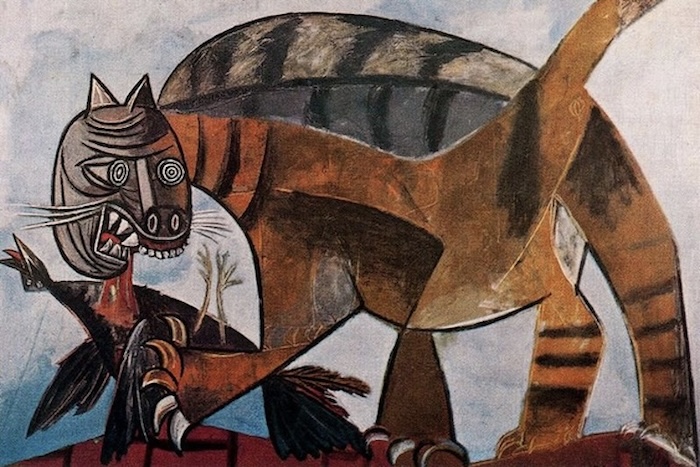
The French Exception: On Laurent Binet and French Literature
If you are a diligent reader of the novels flowing out of the Anglosphere for the last five or ten years, there are a number of reasons why French literary culture might strike you as rather strange. First, French writers seem to be unusually responsive to current events: while we were all writing our neat little autofictions about that time someone was mean to us in our MFA program, Michel Houellebecq was concocting terrorist attacks and farmers’ rebellions with such sociological acuity that one or two of them actually came true. Second, French writers seem to revel in nastiness in a way that few international contemporaries can: while we were all looking deep within ourselves and trying to work out whether we were good, or authentic, or racist, Emmanuel Carrère was charting the developments of his latest herpes outbreak and Annie Ernaux remembering her abortions in excruciating detail. Third, French writers have remained unapologetically erudite: while the rest of us were channeling the crisp, boring cadences of Strunk and White, Mathias Énard was writing page-long sentences likening the metaphysics of existence to “the ostinato of the zarb.”

